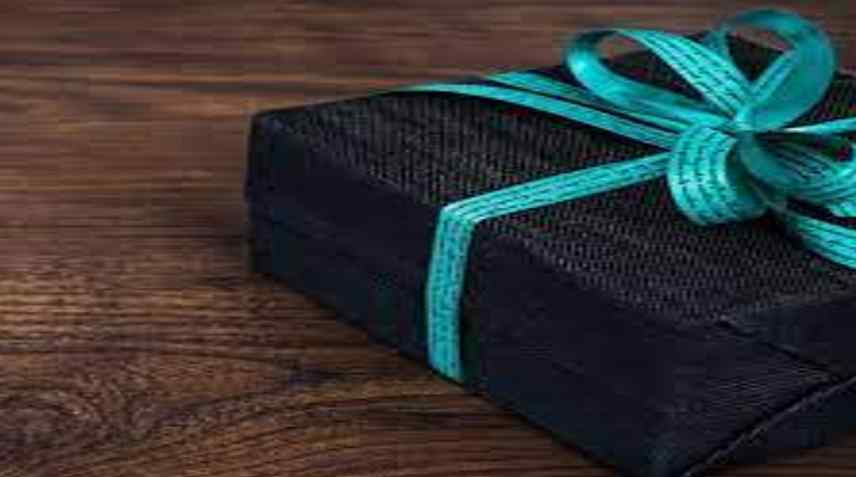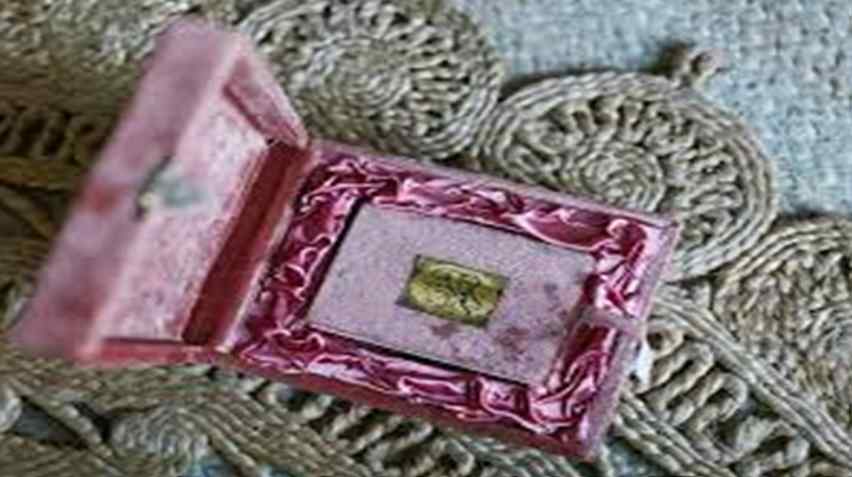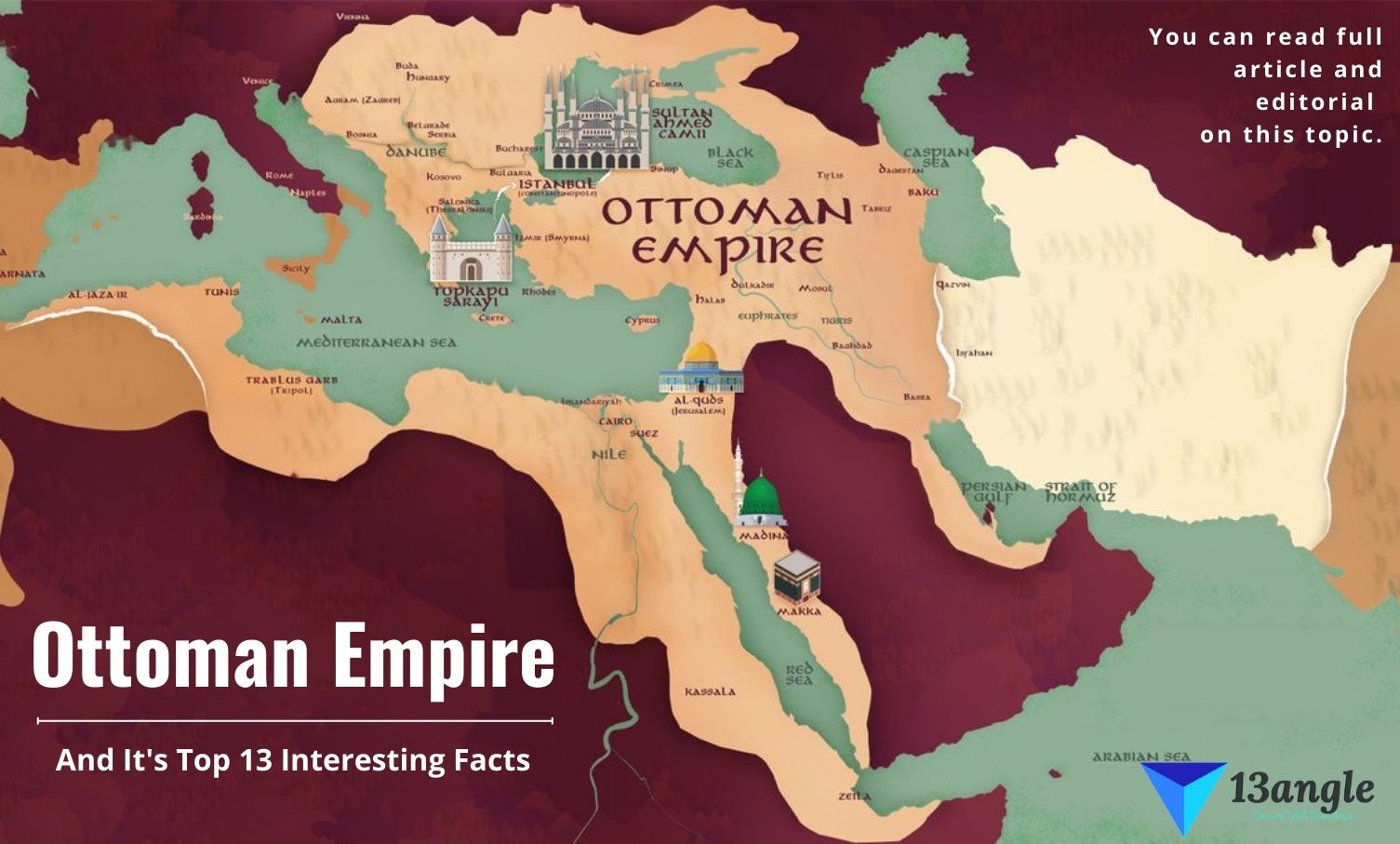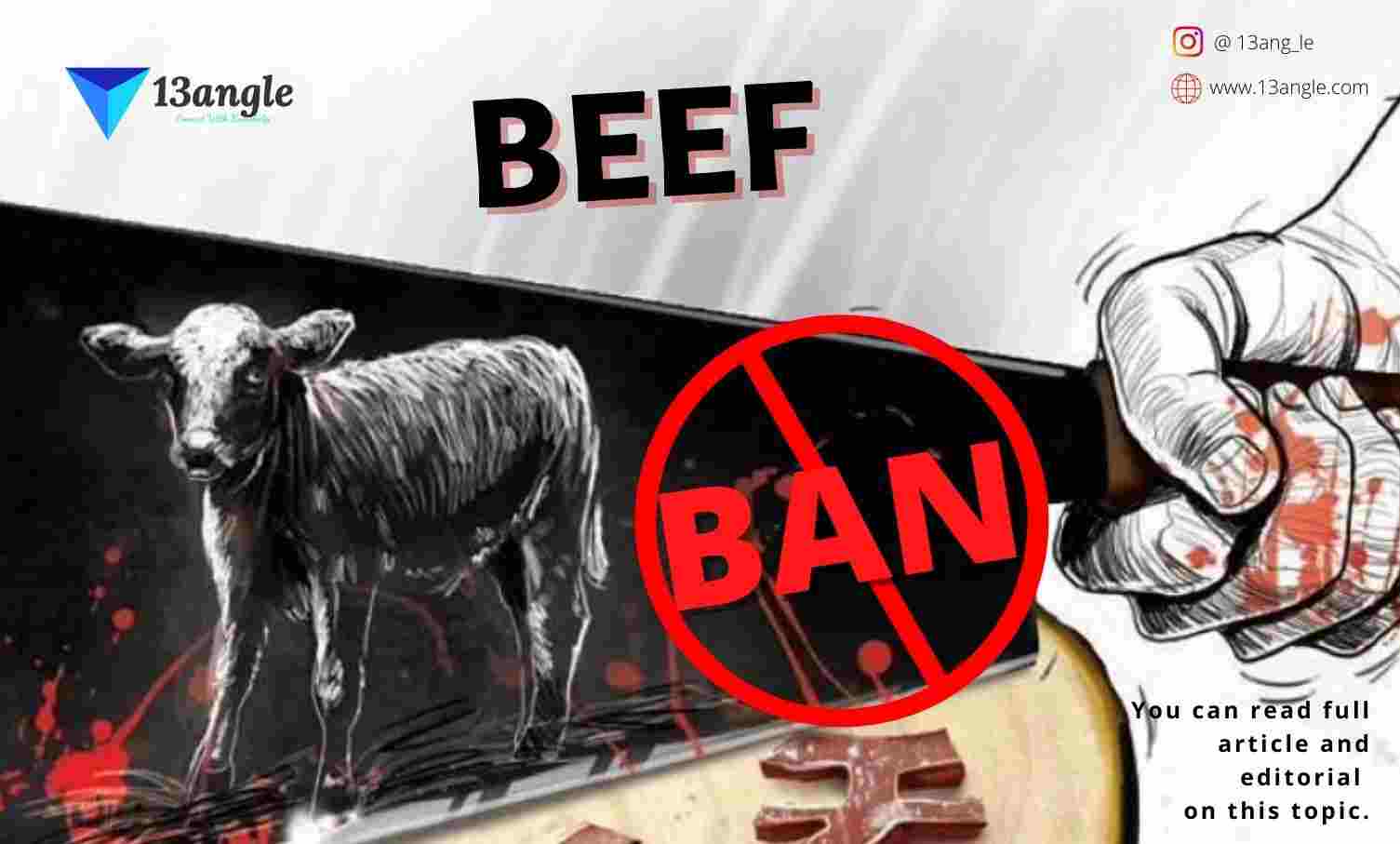
Introduction
The conception of the term gift and the subject matter of gift has been an age-old and traditional issue that has developed into a distinct facet in property law. Certain institutions are recognized under Muslim law that are distinguishable but to an extent appear like Hiba such as Sadaqa, Aariat, Hiba-bil-iwaz etc. A subsequent conversion of the donor to some other religion will not affect the gift at all as the gift becomes final the moment it has been made. For a valid gift in a Muslim law, there must be an immediate transfer of the property; therefore, if the donor intends that the gift shall take effect on a future date, then the gift will be void.
Hiba found its presence in various aspects by the Indian courts and in addition to this, the term Hiba also furthers exclusion of all nature of services and can be only performed after a promise is made. Let us investigate these aspects closely.
History
- The concept of Hiba under Muslim law has existed since 600 A.D. Gift is the transfer of a property from one person to another. Under Muslim law, the Gift transfer is not controlled by the Transfer of Property Act, 1882 but is governed by Muslim law itself. Muslims can divide their property in many ways of which one is “Hiba” which is discussed in the paper. The delivery of a gift in Muslim law can be actual or constructive. in actual delivery, the gift which is being made is physically transferred to the donee, and in the case of constructive delivery, it is just a symbolic transfer of property. Also, there are some instances where the delivery of the possession of the property is not necessary. In this paper, we have discussed the essentials of Hiba, the kinds of gifts under Muslim law, how the gift can be revoked, and the gift of Musha.
Difference Between Hiba, Hiba-bil-Iwaz and Hiba-ba-shart-ul-Iwaz
Hiba | Hiba-bil-Iwaz | Hiba-ba-shart-ul-Iwaz |
Transfer of ownership is without consideration. | Transfer of ownership is for consideration but without an express agreement. | Transfer of ownership for consideration but with an express agreement. |
It is purely a gift. | It’s more like a contract of sale. | It is initially a gift but later becomes the contract for sale when Iwaz is paid. |
It is revocable but has certain exceptions. | It is irrevocable. | It is revocable but once Iwaz is paid, it becomes irrevocable. |
Essentials Of Hiba

- There are mainly three conditions that need to be fulfilled for the successful transfer of property or the making of a gift by a Muslim person. These conditions are as follows:-
- Declaration of gift by the donor.
- Acceptance of gift by the donee.
- Transfer of possession by the donor and its acceptance by the donee.
Before proceeding further let us first understand the meaning of the term donor and donee.
The person who signifies his willingness to the other person for transferring his property is known as a Donor. On the other hand, the person who expresses his consent for the acceptance of the gift made by the donor is known as the Donee.
The requisites of the donor are as follows:-
- Firstly, the person who is giving the property or making the gift i.e., the Donor, he/she must be a Muslim. Any other person in place of a Muslim cannot make Hiba.
- Secondly, the person should be of a competent age i.e., he/she must be a major.
- Thirdly, the consent of the donor must be free. If the consent of the person is obtained by force, coercion, or undue influence is no consent and such a gift is no gift.
- Fourthly, the person must be of sound mind. Any gift made by a person of unsound mind is not a valid gift.
- And lastly, the donor should be having ownership of the property that he is going to give away in the form of a gift.
1. Declaration Of Gift By The Donor:-

Declaration of gift by the donor represents his/her willingness to make a gift. The declaration made should be clear and not ambiguous. A donor can make the declaration in two ways that are oral or written.
In the famous case of Ilahi Samsuddin v. Jaitunbi Maqbul, it was held by the apex court that under Muslim laws the declaration made by the donor and the acceptance made by the donee can be oral irrespective of the nature of the property. The declaration and acceptance made in the form of writing are through the way of gift-deed. In Muslim law, the gift deed is known as Hibanama. The Hibanama may not be on the stamp paper and is not compulsory to be registered.
In the case of Md. Hesabuddin v Md. Hesaruddin, where a Muslim woman transferred her property by the way of Gift or Hiba, and the gift deed was not on the stamp paper it was held to be valid by the Gauhati High Court.
The declaration should also be expressed. A gift made unambiguously is null and void.
2. The Requisites Of The Donee:-
Firstly, religion is no bar to accepting a gift that must be mandatorily made by a Muslim. The donee can be of any religion, Muslim, or non-Muslim.
Secondly, age is again not a bar for a donee. He/she can be of any age i.e., major, or minor.
Thirdly, a gift can be made to an unborn child, but it must be in the womb of her mother. This is so because of the Transfer of property act, 1882 which talks about the benefit for the unborn person.
Fourthly, the transfer of property can also be made to a religious entity.
3. Acceptance Of Gift By The Donee:-
- For the valid gift, it must be accepted by the donee. If there are more than one or two done, then it must be accepted by both the donee and it must be accepted separately. In Islamic law, the Hiba is treated as a bilateral transaction i.e the donor makes the transfer, and it must be accepted by the donee. If the acceptor of the gift is minor or any person of unsound mind then it can be accepted by his guardians. These people are his/her-
- Father
- Father’s Executor
- Paternal Grand-Father
- Paternal GrandFather’s Executor
4. Transfer Of Possession By The Donor And Its Acceptance By The Donee:-
After the transfer proposed by the donor and its acceptance by the donee is complete the next important condition which needs to be fulfilled for a valid gift is the transfer of possession by the donor and its acceptance by the donee. As the formalities of a gift are mentioned under Section 123 of the Transfer of property act, 1882 but these are not applicable in the case of “Hiba”. In Hiba, the transfer is complete as soon as the possession is transferred from the donor to the donee. The valid effect of the gift is from the date of transfer and acceptance of the possession and not from the date of declaration.
In the case of Noorjahan v. Muftakhar, the court held that where the declaration of the gift is made by the donor but afterward till his death all the profits made out of the property are taken by the donor himself the gift is invalid and not effective in nature since the transfer of possession has not taken place.
The mode of delivery of possession is dependent upon the nature of the property. The mode of delivery can be Actual or Constructive.
Actual Delivery: In actual delivery, the gift which is being made is physically transferred to the donee. Actual delivery of the possession is possible when the gift which is being transferred is tangible. Tangible means something which we can feel, see and touch. But further in the case of tangible goods, they can be movable and immovable. Actual delivery can be done in case of only movable goods.
For example- If a person wants to gift a laptop to another other, he can make his actual delivery as it is tangible and movable in nature.
Constructive Delivery: The transfer of immovable property and intangible property is not possible so it is just a symbolic transfer of property.

For example- If the man wants to gift a house to someone, he can just hand over the keys and the related documents to the donee. He cannot pick up the house and hand it over to the donee. So, in this case, the delivery made is constructive in nature.
Under Muslim law, the registration of the transfer is not important, the condition which needs to be fulfilled for this is that the transfer must be made according to the rules of Muslim law. As it has already been mentioned in this paper that the Hiba can be oral or written and a written transfer is known as Hibanama and its registration or authorization by way of the stamp is not necessary.
Kinds of Gifts
Hiba-il-iwaz
Hiba ba Shart ul Iwaz
Hiba-il-iwaz
Under Islamic law, Hiba means gift and iwaz means consideration. Hiba-il-iwaz thus means, the gift for the consideration already given. Under all the laws, there is no system where there is a consideration for the gift. But under Muslim law, there is a system of gifts with an exchange.
For example- If A makes a gift of his bungalow in favor of his friend B, and in return, B makes a gift of his car to A, then it is known as Hiba-il-iwaz. The second gift made by B to A is iwaz i.e., return.
Requisites of a valid Hiba-il-iwaz:
Firstly, there must be a complete and valid gift made by the donor to the donee. If the gift made is not according to the rule of Muslim law, then it is no gift.
Secondly, there must be a payment consideration made by the donee. In the case of Khajoorunissa vs Raushan Begam, the facts were that the father gave one-third of his property to his eldest son in return for Rs.10,000 but the consideration was never paid. It was held that the quantum of consideration is not important, the only thing important is that the consideration must be bona fide.
Hiba-ba-Shart-ul-Iwaz
It means a gift made with a stipulation for return. In this case, the consideration is not paid by the donee by his own choice but it is paid because it is a necessary condition here.
Requisites of a valid Hiba-ba-Shart-ul-Iwaz:
- Firstly, the delivery of possession is important; it is revocable until the iwaz is paid.
- Secondly, as soon as the iwaz is paid it becomes irrevocable.
- Thirdly, a transaction when completed by payment of Iwaz, assumes the character of a sale.
Revocation Of Gift
- Although old traditions show us that the prophet was against the system of revocation of gifts. Today, it is the well-established principle of Muslim law that all gifts which are made voluntarily can be revoked. The revocation of the gift of different kinds depends upon the different schools and Shia and Sunni’s. The Muslim lawgiver categorized the types of revocation under two different types:
- Revocation of gifts before the delivery of possession
- Revocation of gifts after the delivery of possession.
Under Muslim law, the revocation of gifts before the delivery of possession is allowed. Suppose A has transferred the property to B by the way of a gift-deed. Now, if A revokes his gift and no delivery of possession has taken place, this revocation is valid.
On the other hand, the declaration of revocation of gifts by the donor after the delivery of possession is not sufficient to revoke a gift. Until and unless the decree of a competent court is passed, the donee can use the property in any manner he wishes to.
When the delivery of possession is not necessary:-
There are some cases where the delivery of possession is not necessary. Like, a gift from one spouse to another, or say guardian to the ward.
1. Donor and donee living in the same property:
In a case where the subject matter of the gift is a house in which both the donor and donee are living together, delivery of possession is not important. But there must be the bona fide intention of the donor for the transfer of property.
The case of Humera Bibi v. Najmunnissa, in this case, was an old lady who used to live with his nephew. She transferred the property to his nephew who was living with her in the same house. However, when the property was given for rent, the rent was collected in the name of the donee. The court held the gift valid.
2. Gift by the spouses to each other:
Where a gift of immovable property is made by one spouse to the other the delivery of possession is not mandatory.
In the case of Fatma Bibi v. Abdul Rehman, the husband made an oral declaration of transfer of property in the name of his wife. The stepson who was living with the mother challenged the validity of the gift as no delivery of possession was made. The court held that the gift was valid.
3. Gift of property already in possession of donee:
In the cases where the possession of the property is already with the donee, only the declaration by the donor and acceptance by the donee is enough to make this gift a valid gift.
For example- If A is having a car and he is using it for his use and now his father transfers it to his name, the declaration by the father and the acceptance by the son is enough to make this gift a valid gift.
Gift Of Musha

- The term Musha has been derived from the Arabic word which refers to Shuyua which means ‘confusion’. It means Musha the ‘undivided part’ or share, which could also be a common building or land. A gift of a part of a thing that is capable of division is not valid unless that part is divided off and separated from the property of the donor, however, the gift of an indivisible thing is valid. In Muslim law, Musha signifies an undivided share in joint property. Musha is thus, co-owned which is also the joint property. Moreover, if one of the several owners of that particular property makes a gift of their share, there may be confusion regarding the matter that which part of the property must be given to the donee. In other words, there could be a real difficulty in delivering the possession of the gift if it is of a joint property that is made by a donor without partition of that gifted share. To avoid such confusion and difficulties in the stage of delivery of possession, the jurists about the Hanafi law have evolved the principle of Musha where the matter of a gift is co-owned or joint property, the doctrine of Musha becomes applicable for examining the validity of that gift. The doctrine is strictly confined to the rules by the interpretation of the judiciary and has been cut down considerably.
1. Musha which is indivisible:-
- The Gift of Musha indivisible is valid. There are some of the properties which are by their very nature indivisible. The physical partition or the division of those properties is not practical. Moreover, if it is against the nature of such properties, their partition or division is affected at all and hence their identity is lost entirely, they do not remain the same properties that they were before the partition. For instance, a bathing ghat, a staircase, or a cinema house cannot be divided as Musha properties. However, if on the bank of a river or a tank, there is a bathing ghat that is in the co-ownership of two or more persons, then each of the owners has the right to deal with his share as he deems fit including the right to make a gift of his share, however, if a sharer has attempted to separate his share, the utility of the ghat will get finished. Where a staircase is jointly owned by, for instance, two persons, then each being the owner of half of the stair-case, is entirely entitled to make a gift of his or her share, but, if the staircase is divided into two parts, it would either be too narrow to be used by anyone, or the upper half may come in the share of one and the other lower half is in the other’s share hence, in both the cases the staircase would become useless for both of them and also for the donee as well. It has also been provided that to every Hiba the doctrine of Musha applies, except insofar as it must be taken that the creators of the doctrine could not have contemplated that it should be applied to the subject matter of any gift.
2. Musha which is divisible:-
- In the Hanafi law, the gift of Musha of the divisible property is termed to be irregular is faced if made without partition, however, a co-owned piece of land, house, or a garden, is Musha which is divisible. The land can be divided and the specific share can be separated by a visible mark of identification. Similarly, a house that is jointly owned may be divided by a partition wall without changing its entire identity.

- However, under the Hanafi doctrine of Musha, the gift without partition and the actual delivery of possession is not void ab initio; it is merely irregular which means fasid. The result is that where such a gift has been made, it may be regularized by the successive partition and by giving to the donee the actual possession of the specified share of the property. The doctrine of Musha is limited, both in its application as well as in its effects.
3. A brief study of a few cases dealing with Hiba under Muslim law:-
- Babu Lal v. Ghansham Das
Muslim individuals are mainly regulated by their laws under the conception of Hiba and therefore the provisions under the Transfer of Property Act, 1882 do not govern Muslim individuals. The court in this case refers to Section 129 of the Transfer of Property Act, 1882, which states Nothing in this chapter relates to gifts of movable property made in contemplation of death or shall be deemed to affect any rule of Mohammadan Law. The court held that the transfer of subject matter as a gift must be performed during the life of the donor whereby, he is capable of such transfer. It was further added that in case donee dies before acceptance of gift takes place, then the gift shall stand void.
4. Mahboob v. Abdul:-
- This case dealt with the concept of revocation of gifts after the delivery of possession. The court held in this case that to revoke a gift, mere declaration by the donee is not sufficient as the donee is eligible to make use of property in whichever manner until a court passes a decree of revoking the gift. The donee can even dispose of or alienate the property in such cases.
5. Maimuna Bibi v. Rasool Mian:-
- As we know that one of the essential elements for a valid gift under Muslim Law is a declaration that can be either oral or written. The declaration is a mere statement that establishes the intention of the donor who is making the gift. It is expected to be a bona fide intention with clarity of thoughts while making such a gift. Similar was held in the above-mentioned case, wherein the court held that even if the oral declaration is sufficient under Muslim law to be a valid gift, the donor must divest himself of all ownership or dominion rights completely over the subject matter.
Conclusion
The concept of Hiba has been an old and traditional subject matter that developed into various dimensions under Muslin law and property law. The implication of related aspects to gifts has been majorly similar except few formalities that we discussed in this paper above. As we saw that the terms gift and Hiba are different in the sense that under Muslim law, within Hiba there exists majorly three essentials i.e. declaration, acceptance, and delivery of possession.
However, under English law, rights are classified based on the nature of property i.e. whether it is a movable or immovable property along with certain essentials that it should be voluntarily with consideration, two parties i.e. donor and donee, presence of subject matter, and transfer, and further acceptance.
To conclude the research and understanding of the subject, the gift is basically like a contract that involves an offer and acceptance conducted between the donor and donee wherein the transfer of property is immediate and without consideration. Apart from this, the intention should be bona fide and not ambiguous. The donor can revoke it.
Top 13 Important Facts About Hiba Under Muslim Law
The term gift is known as ‘Hiba’ in Muslim law.
The transfer of the possession of the property, movable and immovable, from one person to the other willingly and without any reward
Meaningful Islamic Baby Names. The word هِبَة (Hiba) in Arabic simply means a gift or blessing, but it is not just any gift. It is a gift that is given unconditionally without anything expected in return.
A Hiba is a transfer of some property or right by one person called the donor to another called donee, without any consideration.
The person who is giving the property or making the gift i.e., the Donor, he/she must be a Muslim.
The person should be of a competent age i.e., he/she must be a major. Thirdly, the consent of the donor must be free.
Every Muslim male or female who is major and sane may make a gift, provided he or she is not subject to any force or fraud. A married Muslim female can also make a gift.
A Muslim is allowed to give away his whole property in his lifetime, but he can only give one-third of his property through a bill.
The donor should be having ownership of the property that he is going to give away in the form of a gift.
Declaration of gift by the donor represents his/her willingness to make a gift.
Under Muslim law, the Gift transfer is not controlled by the Transfer of Property Act, 1882.
Hiba is governed by Muslim law itself.
The transfer of property through the way of a gift is immediate and without consideration.






